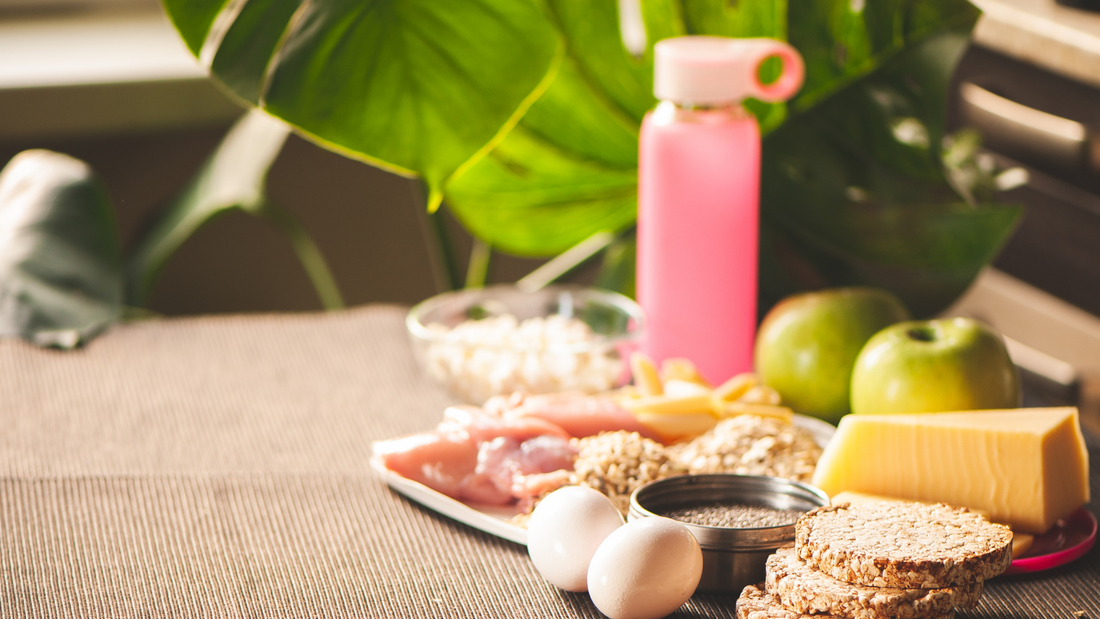
Eating after sport: choosing the right time and the right foods
After a good workout, our body is exhausted, and just needs to be fueled so that it can rebuild itself quickly. In this article, we will discuss the importance of eating after sports, as well as the foods to eat to enjoy optimal recovery.
Why eat after sport?
It is strongly recommended to eat within 2 hours of physical activity , the main thing is to adapt the intake according to the time, intensity and duration of the physical activity.
The anabolic, or muscle-building, phase converges with recovery after a workout, which is when the body is most willing to recover. This is because glycogen stores are depleted and a new supply of glucose is needed to replenish the muscles.
Eating after sport promotes the body's regeneration and optimizes performance during the next session. Our body seeks to revitalize its reserves immediately after exercise, or within two hours after, so the activity of its enzymes increases in order to store glucose and build proteins in the muscles worn out after sport.
How to eat well after sport?
Hydrate with a recovery drink
It is essential to hydrate after sports: if the training session was intense or long, the body has probably lost a lot of water, through sweating and breathing. Before eating, you should therefore remember to drink enough water , and if necessary mineral salts.
Eat within 2 hours after exercise
It is essential to eat the right foods shortly after exercising, which will help the body recover faster. For this, it is recommended to eat a meal containing both carbohydrates and protein, within two hours after exercise .
This post-sport meal should not be neglected by practitioners, otherwise it will hinder their recovery and their progress.
The quantities to be ingested must be adapted according to each person, in order to effectively meet their energy needs , which vary depending on gender, weight, type of training and individual metabolism.
Favor complex carbohydrates over simple carbohydrates
The human body's glycogen stores are used as fuel during exercise, so consuming carbohydrates after exercise helps replenish them .
It is mainly the type of sporting activity that determines the rate at which glycogen stores are used.
It is recommended to minimize or even avoid the intake of simple carbohydrates , such as grains and refined sugars. These should be consumed occasionally, for example during a tough workout or competition. Excessive consumption of grains and refined sugars can lead to the development of metabolic diseases, such as insulin resistance or type 2 diabetes.
Consume enough protein
Proteins promote the repair of tissues damaged during sport as well as muscle reconstruction. To provide the body with the amino acids it needs to repair and rebuild these proteins, it is therefore necessary to consume an adequate amount of protein after sport , favoring qualitative protein sources, with a high nutritional value.
Eat fruits and vegetables
Many athletes focus mainly on proteins and carbohydrates, so their vegetable intake is sometimes neglected, which is a mistake that should not be repeated. Not neglecting the intake of fruits and vegetables that the body needs helps to avoid micronutrient deficiencies . such as iron, zinc, calcium and vitamins A and C…
Include good fats
Fats should be an integral part of an athlete's diet, even after a session. However, not all fat sources are nutritionally equal, so it is recommended to consume more monounsaturated and polyunsaturated fats .

